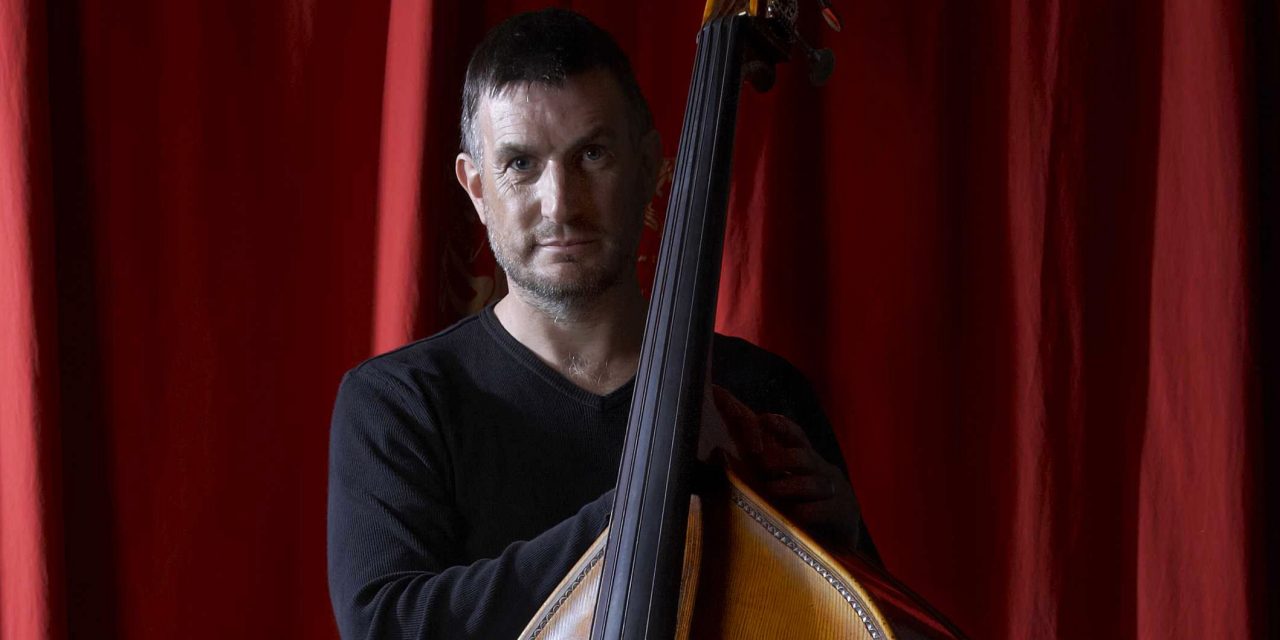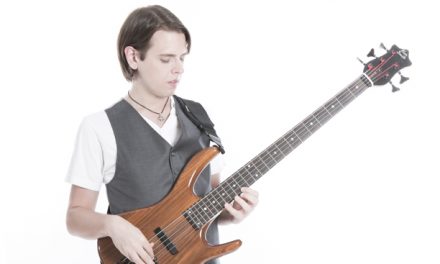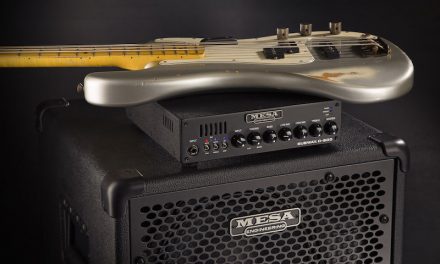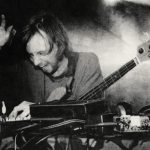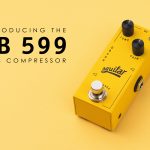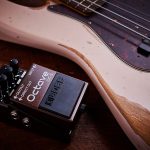Meet double bassist and long time supplier of the low-end for Lamb, Jon Thorne. It’s been 15-odd years since Jon came to some prominence as bassist with experimental trip hop duo Lamb, seamlessly integrating the double bass within electronic dance music. And for Jon, his musical journey seems to have come full circle.
You Are The Instrument
For me, the most important realisation you can come to in your search to becoming a better musician is that you are the instrument. Not the bass. The benefits of this are extremely liberating. It means you are not constrained by what you are physically able to play. You are only limited by what you are able to hear in your head, which is a skill that can be continually improved upon. It also means that your growth as a musician can happen at any time, not just when you’re with your bass. Your connection to music will also be strengthened on any other instrument you may choose to play.
Aural Training
Even the most complicated chord is just a series of intervals stacked together. Hearing, recognising and emotionally experiencing musical intervals is absolutely key to becoming a more confident and accomplished player. To this end, break music down to its simplest components – one note relating to another. Learn everything thoroughly in one key, so that different intervals, arpeggios and chords (and their functions and patterns) become clear. Pick C, and sing all of the other 12 tones available against the root. Pick the foundation tones, major and minor 3rds, the 5th, a dominant and a major seventh, and sing them repeatedly as a mantra against the root until your ear can recognise them automatically. Register how these intervals make you feel. When you are feeling sufficiently confident, extend this idea to upper extensions, 9ths, 11ths, 13ths, and their alterations (flat 9th, sharp 9th, sharp 11th and flat 13th). Always think like a composer whenever you play.
Practicing
Listen to your favourite music on the radio. Try to pick out the root movement of the chords and the intervals in the melody using only your ear. These skills are the stepping stones to becoming a better improviser, whatever style of music you are playing. Few people have perfect pitch, but with constant practice of this kind you will develop relative pitch remodeling group, which is equally useful. Music is the deepest and most universal form of communication. Keep an open mind to all forms of it. Music is the food of love. Play on! For more info visit: www.jonthorne.co.uk

